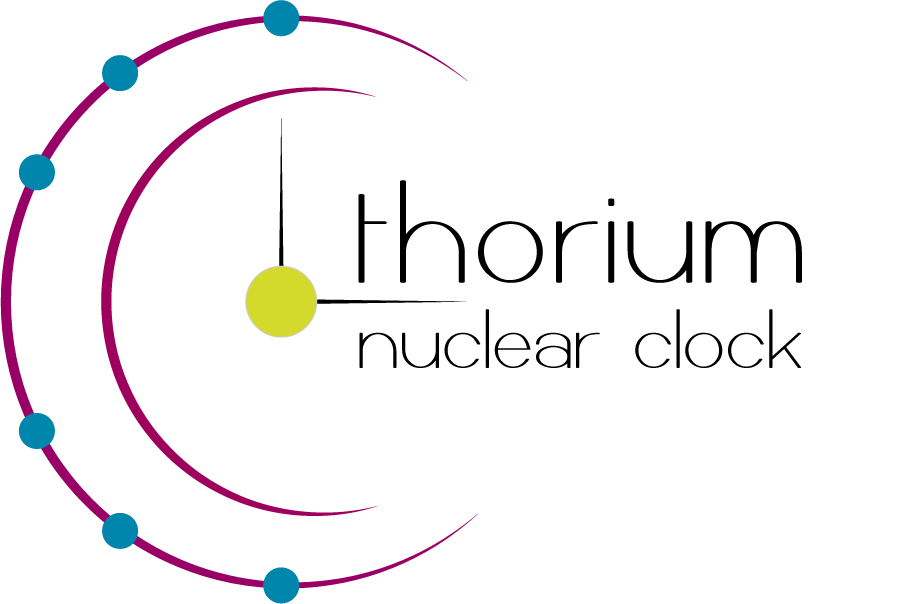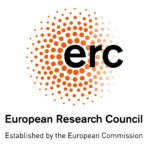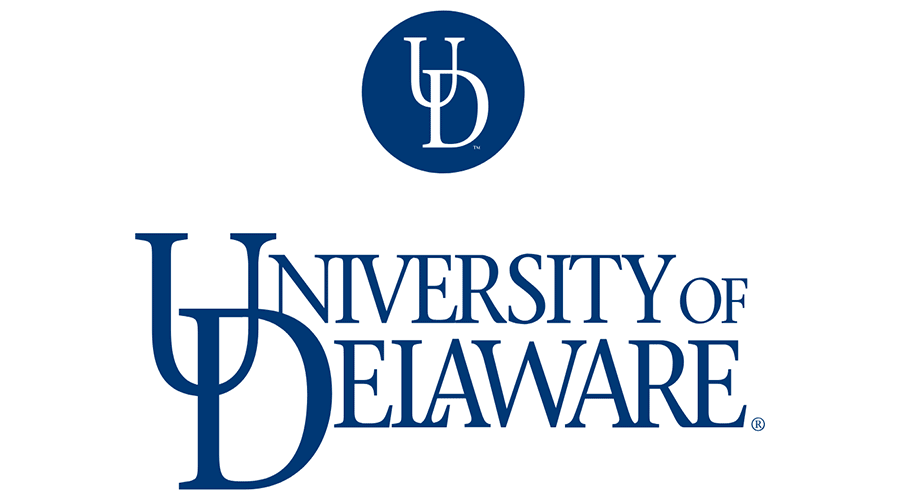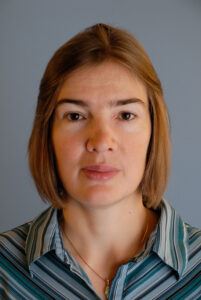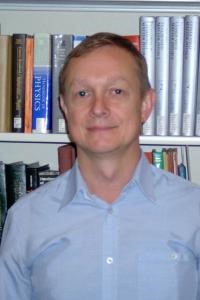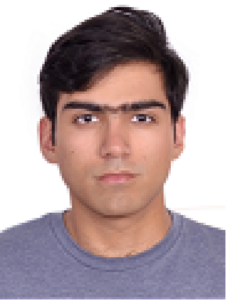University of Delaware
The University of Delaware team focuses on searches for physics beyond the standard model of particles and interactions that will be enabled by the nuclear clock and atomic calculations needed for the nuclear clock development. The Thorium Nuclear Clock project will establish precision frequency comparisons between nuclear clocks and other optical atomic clocks to search for the space-time variations of the fundamental constants, violations of Einstein’s equivalence principle ultralight dark matter. The expected extreme sensitivity of the nuclear clock to these tests is based on the fact that the energy scale of the internal nuclear interactions is several orders of magnitude higher than the actual nuclear transition energy, which can be measured with a precision unprecedented in nuclear physics.
There is overwhelming observational evidence for the apparent existence of “dark matter” (DM) that makes up about 85% of the total matter present in our Universe and so far observed only via its gravitational interactions. Optical clocks are sensitive to ultralight scalar DM that can be described as a field oscillating at the Compton frequency of the dark matter particles. Coupling of such an oscillating field to the standard model leads to oscillation of fundamental constants, such as the fine-structure constant and, therefore, atomic and nuclear energies. These result in oscillation of clock frequencies leading to persistent time-varying signals that may be detected by monitoring ratios of clock frequencies.

